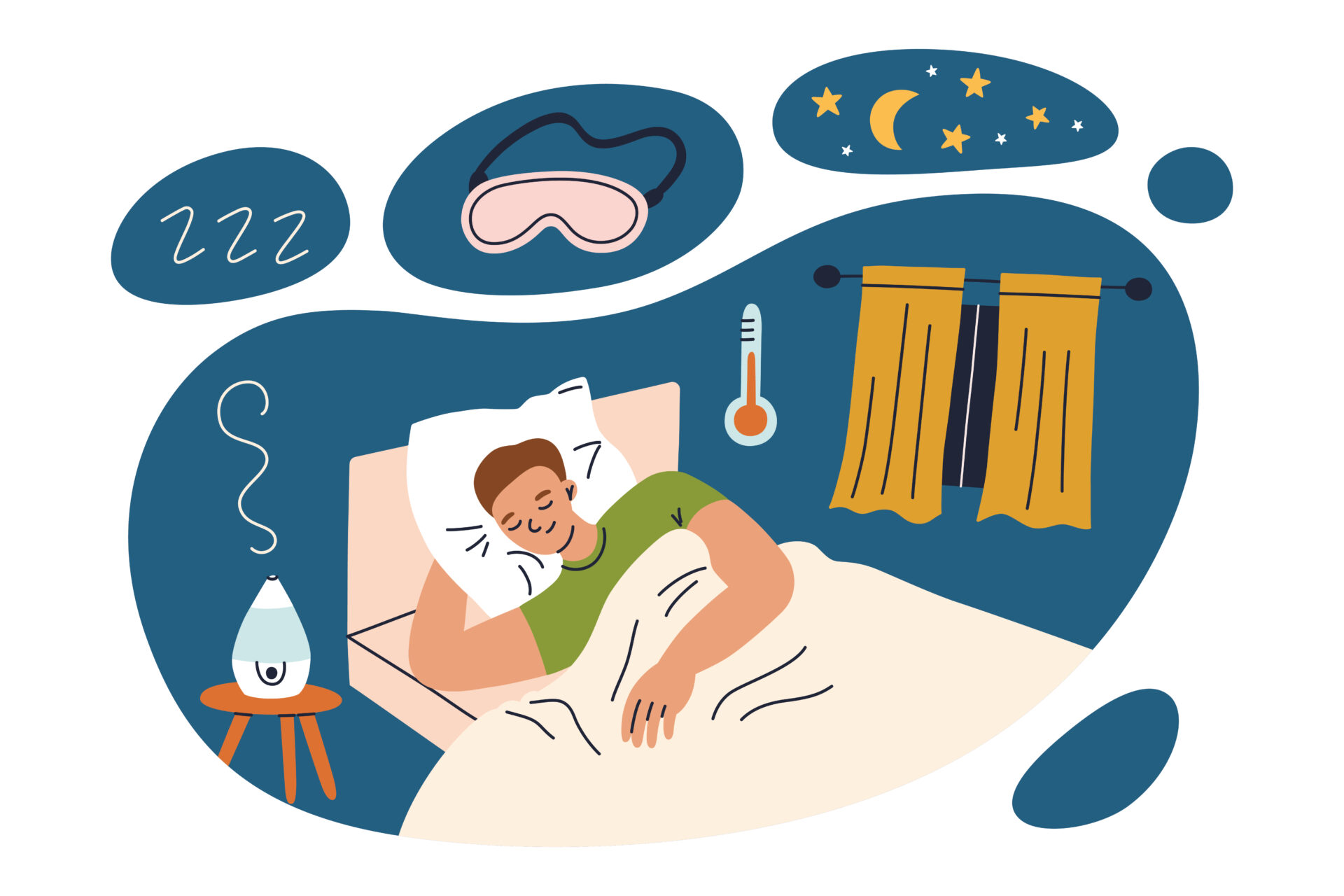
Back to Shanghai: Transitional Anxiety Tips!

Transitional Anxiety and You
After spending time in a more familiar or relaxed setting during the summer, coming to Shanghai can feel abrupt and overwhelming. Despite coming to Shanghai being an example of an anticipated transition, or a transition that has been carefully planned and considered, many expats find that the transition to Shanghai’s bustling environment stirs up feelings of stress and anxiety, usually linked to unresolved emotional conflicts that may only get activated during times of change. These feelings can be intensified by the pressures of resuming professional duties, adapting once again to cultural differences, and re-establishing routines. With so many new stressors being introduced into one’s life, so much can be activated underneath the surface and suffering tends to get extended rather than faced and dealt with.

Signs of Transition Anxiety
- Fear of change
- Negative thought patterns
- Low mood
- Sleep disturbances
- Frequent heart racing
- Spiraling thoughts
- Stomach sickness and diarrhea
- Underestimation of self
- Fear of others’ judgment
Tips to Smoothen the Transition
Journaling
When we really start feeling the signs of transition anxiety, it can be really important to just slow down and start tracking our thoughts, emotions and feelings of anxiety. Journaling can be a really useful tool as the act of handwriting limits how quickly we are spiraling. Non-judgmentally writing down your thoughts in free form while paying attention to your physical body and emotions can be extremely soothing to the central nervous system, especially in times of turmoil like during a transition.

Sleep Hygiene
Sleep is of the utmost importance for anyone dealing with a transition in their lives, and tends to be one of the most affected aspects of one’s being when under stress. Making sure one gets to bed and wakes up at the same time, is not drinking coffee too late in the afternoon and also not going to bed intoxicated too often, are all ways to improve sleep.

Avoid over-indulging
Let’s face it: drinking is a large part of life for most of the expat community here in Shanghai, but relying on alcohol to calm your nervous system’s anxiety response can leave you with even more regrets the next day. A super critical point to remember is to slow down and take a look at if your indulging is a way of avoiding something internal or if it is what you really want to be doing at that moment.

Social Support
For anticipated transitions like moving to or coming back to Shanghai, the most important factor in alleviating their negative impact is social support. In that vein, the most important thing one can do is to take this opportunity to really lean into those supportive people in your life, even though the urge may be to isolate. Often when we feel stressed and overwhelmed, our first instinct is to push away rather than pull in, but this will only exacerbate one’s fears, anxieties, etc.

If you have issues with implementing any of the above tips by yourself, it may be a great time to consider seeking out additional professional help.
Psychotherapy and Transitions

The quick pace of life in Shanghai doesn’t allow for long periods of emotional adjustment, which makes having someone non-judgmental by your side especially beneficial when things feel more hectic. Psychotherapy can help expats quickly identify and work through the unconscious emotional blocks that might be hindering their ability to smoothly transition back into life in Shanghai. This can be incredibly important right now, as expats might be feeling the immediate pressures of work, social obligations, and cultural reintegration. Having a professionally trained therapist can be particularly effective in these situations as a second set of eyes on ourselves can be way more useful than trying to think our way out of things on our own. Therapists take a completely non-judgemental stance with their clients and don’t have stakes in the decisions made by the client, a unique role that friends rarely can fill.
Therapy can help expats regain their emotional balance more quickly, making it easier to re-engage with the demands of Shanghai life. By addressing emotional blocks early, psychotherapy helps expats build resilience and adaptability, making each subsequent transition into other walks of life smoother and less stressful. You may have identified different patterns in how you deal with transitions in your life, getting to the bottom of those patterns can be a great way to lessen emotional turmoil for all transitions in the future. Thus, the decision to pursue therapy earlier, rather than later, can prevent familiar patterns from repeating over and over.
In conclusion, for expats in Shanghai returning from a summer break and those just stepping foot into a new country, transitional anxiety can be a great challenge to overcome, but is possible with the right tools and support. The challenges of adjusting and readjusting to Shanghai’s fast pace and high demands can be best addressed through lifestyle changes and psychotherapy. Psychotherapeutic treatment helps expats manage the immediate stress of diving into Shanghai, tackling any lingering emotional conflicts, and restore a sense of emotional stability and resilience.
